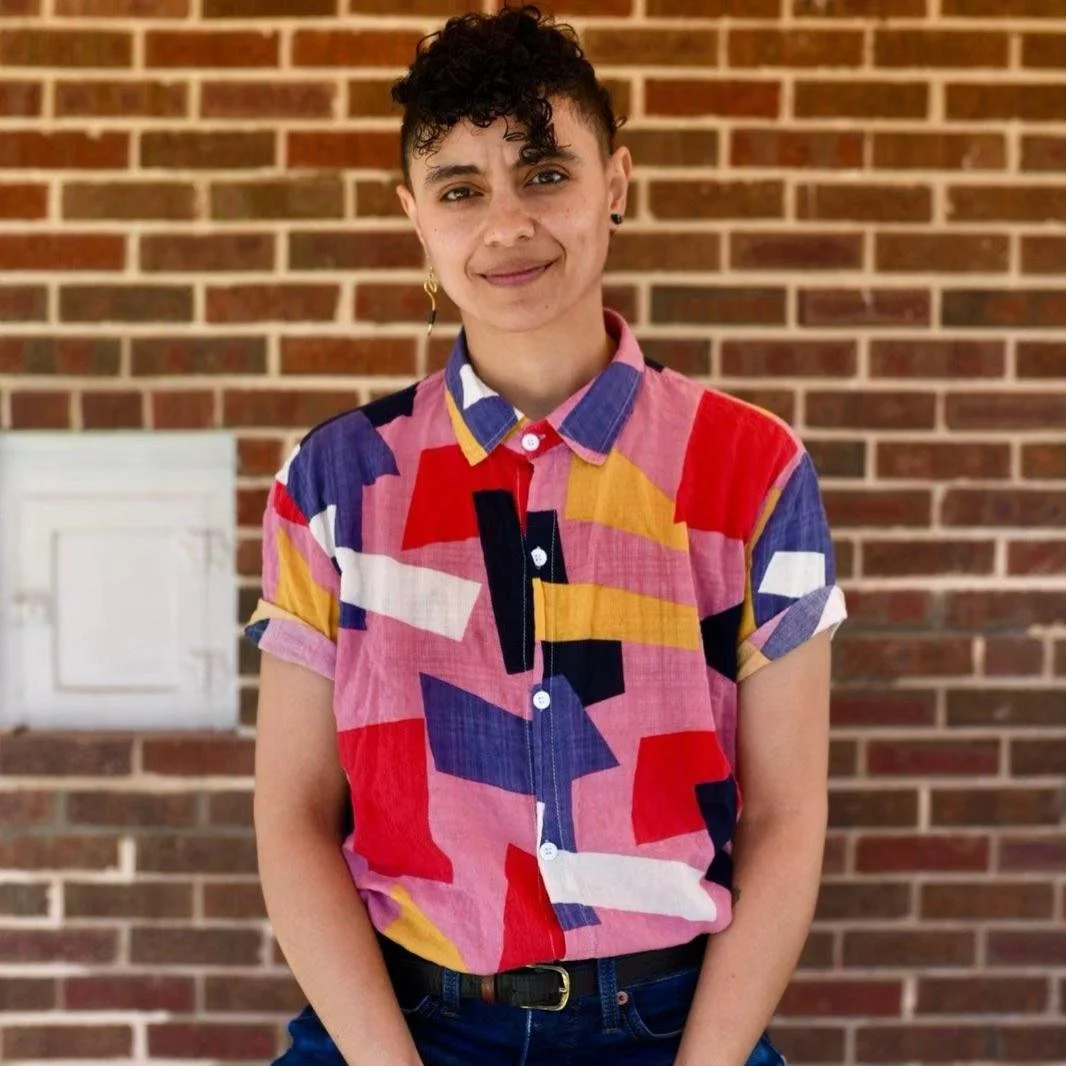Episode 21: dena harry saleh on queer Palestine studies, decolonial imagining, and oneness
In episode 21, I speak with writer, musician, and PhD student dena harry saleh. We discuss their father’s childhood experience in the Nakba, their own childhood growing up queer and Palestinian in Denver, and their young-adulthood in New York City. We then turn to two books that take up queer Palestine studies, Decolonial Queering in Palestine, by Walaa Alqaisiya, and Queer Palestine and the Empire of Critique, by Sa’ed Atshan, and dena talks about their own research goals surrounding queer and trans decolonial praxis in Palestine and in the Palestinian diaspora. We think together about the challenges surrounding decolonial imagining in this time of horrific unspeakable violence in Gaza. dena reads two of their poems as our conversation turns toward both grief and radical hope. We end on the beauty and difficulty of the idea of “utopia” (now and always) and on the concept of “oneness”—how it ties into both Judaism and Islam for us, and how it might offer us a way to think about complicity, responsibility, solidarity, repair and above all, mercy.
—
Books and other media mentioned or discussed
Walaa Alqaisiya, Decolonial Queering in Palestine
Sa’ed Atshan, Queer Palestine and the Empire of Critique
Sa’ed Atshan and Katharina Galor, The Moral Triangle: Germans, Israelis, Palestinians
Peter Beinart, The Beinart Notebook (substack)
José Esteban Muñoz, Cruising Utopia: The Then and There of Queer Futurity
dena harry saleh, “The Intersection of Disability and Genocide”
Robert Yerachmiel Sniderman and Julie Carr “The First Principle is the Principle of Lostness” (RTK podcast)
Music by Ben Roberts: Benjamin.Roberts447@gmail.com
Comments and ideas to Juliealicecarr@gmail.com
dena harry saleh
dena harry saleh is a nonbinary trans Palestinian artist-scholar of the diaspora. They are a PhD student in the Critical Ethnic Studies department at CU Boulder, and their research seeks to situate the refugee-as-settler toward a liberation ethic partially through generating new cosmologies influenced by Islam and the material reality of the current age. They are an organizer, parent, musician, writer, and lover of the never-ending project of liberation. dena can be contacted at dena.saleh@colorado.edu.
Return the Key
Jewish Questions for Everyone

